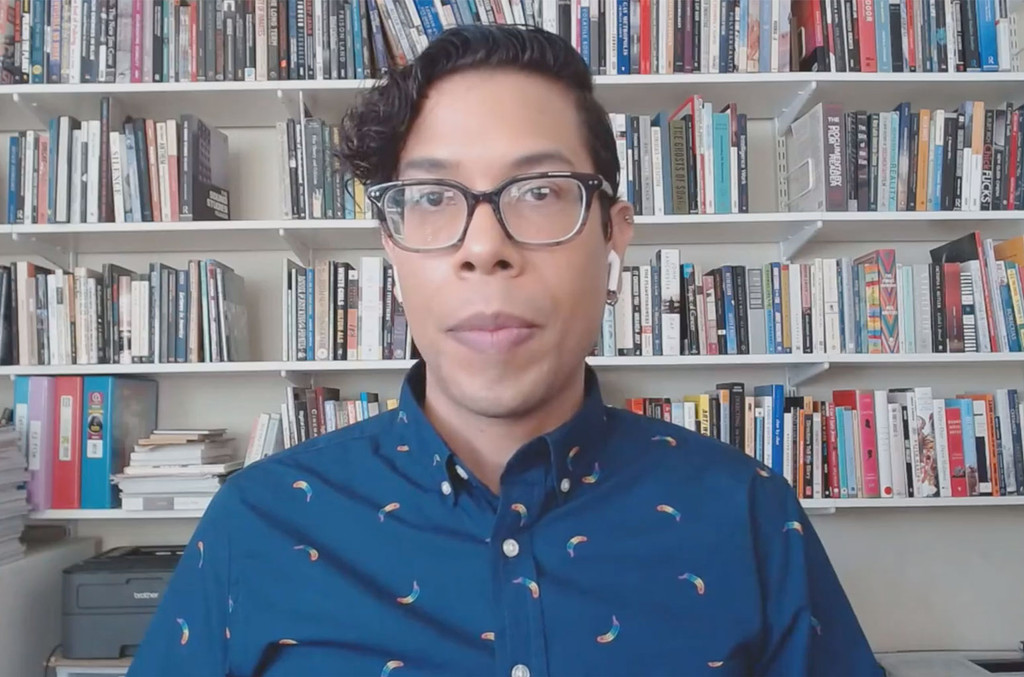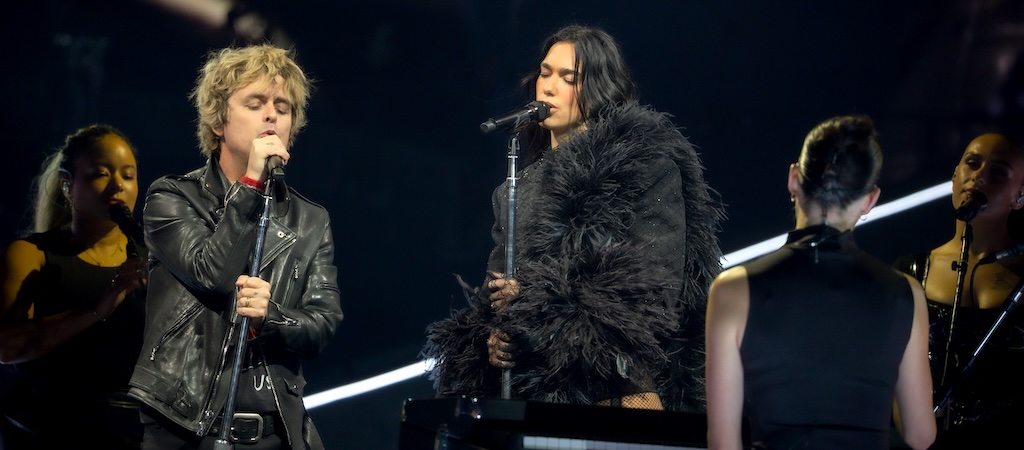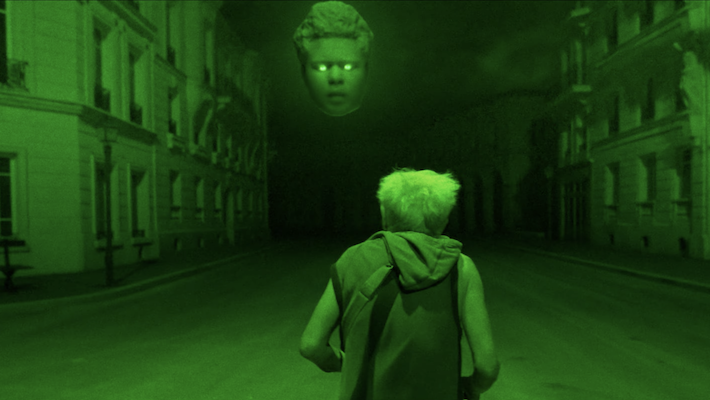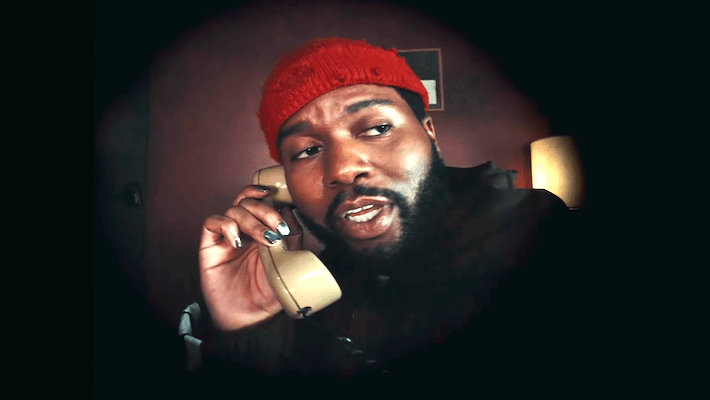As detailed in Todrick Hall’s Billboard cover story, the wildly versatile actor/singer/choreographer/TV personality has spent years fighting an uphill battle to carve a lane for himself as an entertainer, pushing back against racism and homophobia. As part of Billboard & The Hollywood Reporter’s Pride Summit & Pride Prom on Saturday (June 13), Hall and Steven Canals (co-creator and executive producer of FX’s Pose) sat down (digitally, of course) to speak about their respective journeys to industry recognition.
Canals says one issue he’s had to face is the industry wanting to produce “remakes or duplicates” of primarily white stories but with a more diverse cast. “We have our own stories to tell. Just create space for us to do that,” Canals points out.
“And give us the same budget and the same billboards and the same promotion and the same everything that you would have given had it been another show that featured mostly white people,” Hall says, in full agreement. “That’s another thing I see. Okay, we’ll give you this, but it’s not going to be at the best time slot and it’s not going to have the best promotion until you prove yourself. Even though you’re trying to throw us a bone, you’re not throwing us a bone, really, because you’re setting us up to have to more than prove ourselves to be considered equal when we didn’t get the equal amount.”
One industry veteran who did encourage Hall, however, is Billy Porter, whose sky-high bedazzled footwear he’d step into with Broadway’s Kinky Boots. Hall says Porter shared notes with him for the role of Lola, mentoring him and introducing him to the 2012 documentary How to Survive a Plague about the LGBTQ community weathering the HIV/AIDS pandemic.
Canals, naturally, has extensive experience working with Porter on Pose, a show that almost didn’t happen precisely because it boasts such a diverse cast. “The reality is that I wrote the first draft of that pilot in 2014 while I was at UCLA working on an MFA in screenwriting, and then I went out into the industry and it was hundreds of no’s. People just didn’t want to invest in this story. It was ‘too black,’ it was ‘too queer,’ it was ‘too trans,’ it was a period piece,” Canals shares. “We work in an industry that is risk averse and there wasn’t anyone that was willing to invest in it. But I’m fortunate in that I found collaborators and co-conspirators in Ryan Murphy and FX as a network and now we have this show that exists as a safe place for black and brown queer and trans people and I’m so proud of it and so grateful to the reception.” “It makes me feel proud to watch it,” Hall shares.
The two also shared thoughts about the nationwide protests against police violence that disproportionately kills black people. “I really do think we’ll look back on this period of time and say, ‘that is where the shift happened,'” Canals says. “At least that’s my hope.”
“For this to be happening right now is just something that I would not have ever predicted to happen,” Hall, who attended some of the protests in Los Angeles, admits. “Now everyone is being forced to have these discussions.”



